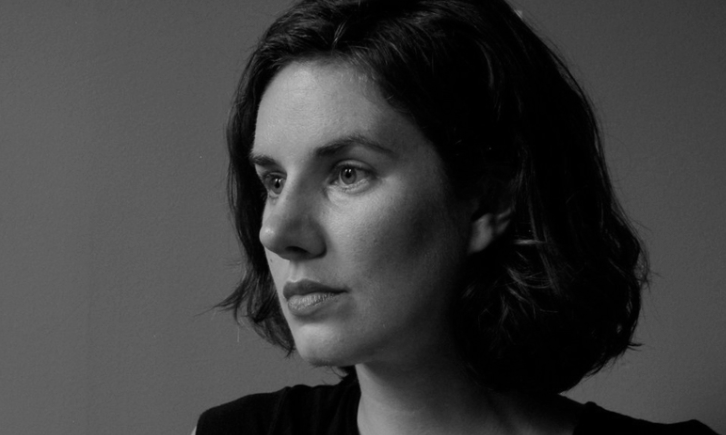1) On the way empathy requires inquiry and openness
Empathy isn’t just listening, it’s asking the questions whose answers need to be listened to. Empathy requires inquiry as much as imagination. Empathy requires knowing you know nothing. Empathy means acknowledging a horizon of context that extends perpetually beyond what you can see.”
2) On the task of relating to pain you don’t understand
How do I inhabit someone’s pain without inhabiting their particular understanding of that pain? …I wish I could invent a verb tense full of open spaces — a tense that didn’t pretend to understand the precise mechanisms of which it spoke; a tense that could admit its own limits. As it is, I can’t move an inch, finish a sentence, without running into some crisis of imputation or connotation. Every twist of syntax is an assertion of doubt or reality.
3) On the way empathy is like visiting another country
Empathy comes from the Greek empatheia — em (into) and pathos (feeling) — a penetration, a kind of travel. It suggests you enter another person’s pain as you’d enter another country, through immigration and customs, border crossing by way of query: What grows where you are? What are the laws? What animals graze there?
4) On the line between empathy and self-indulgence
I used to believe that hurting would make you more alive to the hurting of others. I used to believe in feeling bad because somebody else did. Now I’m not so sure of either. I know that being in the hospital did make me selfish. Getting surgeries made me think mainly about whether I’d have to get another one. When bad things happened to other people, I imagined them happening to me. I didn’t know if this was empathy or theft.
5) On the validity of performative pain
I think the possibility of fetishizing pain is no reason to stop representing it. Pain that gets performed is still pain. Pain turned trite is still pain. I think the charges of cliché and performance offer our closed hearts too many alibis, and I want our hearts to be open.
6) On the obligations of sympathy
It wasn’t until the seventeenth century that the words pity and piety were fully distinguished. Sympathy was understood as a kind of duty, an obligation to some basic human bond — and what I feel toward this disorder it a kind of piety. I feel an obligation of pay homage or at least accord some reverence to these patients’ collective understanding of what makes them hurt. Maybe it’s a kind of sympathetic infection in its own right: this need to go-along-with, and nod-along-with, to support; to agree.
7) On the limits of tourism in creating cross-cultural empathy
This is the grand fiction of tourism, that bringing our bodies somewhere draws that place closer to us, or we to it. It’s a quick fix of empathy. We take it like a shot of tequila, or a bump of coke from the key to a stranger’s home. We want the inebriation of presence to dissolve the fact of difference. Sometimes the city fucks on the first date, and sometimes it doesn’t. But always, always, we wake up in the morning and find that we didn’t know it at all.
8) On the implicit shame of unearned emotion
The hunger for unmitigated and uncomplicated sensation carries on its tongue an unspoken shame. “You are a little soul carrying around a corpse,” Epicetus once said. The body is a monstrous thing that turns the soul grotesque, and that sentimental craving for a quick fix of feeling, or sudden rush of sweet, feels like the emotional equivalent of that cumbersome luggage — corporeal and base — an embarrassing set of desires that our ethereal, higher selves have to lug around. Melodrama is something to binge on: cupcakes in the closet.
9) On the way empathy is an ongoing process
Empathy isn’t just something that happens to us — a meteor shower of synapses firing across the brain — it’s also a choice we make: to pay attention, to extend ourselves. It’s makes of exertion, that dowdier cousin of impulse. Sometimes we care for another because we know we should, or because it’s asked for, but this doesn’t make our caring hollow. The act of choosing simply means we’ve committed ourselves to a set of behaviors greater than the sum our individual inclinations: I will listen to his sadness, even when I’m deep in my own. To say going through the motions — this isn’t reduction so much as acknowledgment of effort — the labor, the motions, the dance — of getting inside another person’s state of heart or mind. This confession of effort chafes against the notion that empathy should always ride unbidden, that genuine means the same thing as unwilled, that intentionality is the enemy of love. But I believe in intention and I believe in work. I believe in waking up in the middle of the night and packing our bags and leaving our worst selves for better ones.






